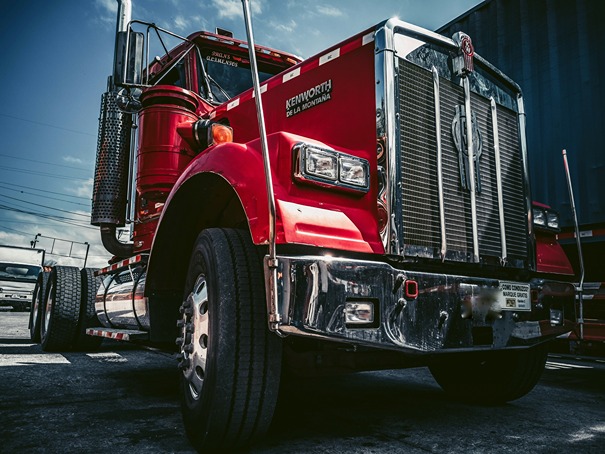
If you’re researching a career as a truck driver, you likely ran across the requirement to have a CDL, meaning a commercial driver’s license.
If you’re unfamiliar with it, you might be searching for the answer to what’s a CDL license.
Before legally driving a commercial vehicle, you must meet the requirements by applying for and passing the test for a commercial driver’s license.
What Is a CDL?
A CDL allows you to drive a commercial motor vehicle.
It requires you to possess more experience, knowledge, physical abilities, and skills than you need for a non-commercial driver’s license.
Drivers are held to a higher standard with a CDL license, meaning a serious traffic violation could affect their certification.
There are three main types of CDLs. Class A is necessary to drive a combination of vehicles with a gross combination weight rating (GVWR) of 26,001 pounds or more where the towed vehicle is heavier than 10,000 pounds.
Class A CDLs with proper endorsements allow someone to drive:
- Tank vehicles,
- Flatbeds,
- Truck and trailer combos,
- Tractor-trailers, and
- Livestock carriers.
Class B licenses are for single vehicles with a GVWR of 26,001 pounds or more or if you’re towing a vehicle under 10,000 pounds.
A Class B CDL with proper endorsements allows someone to drive:
- Box trucks,
- A dump truck with a small trailer,
- Straight trucks,
- Passenger buses,
- Tractor-trailers, and
- Segmented buses.
A Class C CDL is for vehicles designed to transport 16 or more people, including the driver, or to transport HazMat cargo.
Vehicles in this category include a passenger van or hazardous cargo truck.
This category can also include combination vehicles not covered under a Class A or Class B CDL.
Requirements for Obtaining a Commercial Driver’s License
Potential applicants must meet specific requirements before applying for a commercial driver’s license. Requirements might vary by state and can include:
- Having an existing driver’s license before applying for a CDL, meaning a valid non-commercial driver’s license;
- Being at least 18 years old to obtain a CDL and 21 years or older to haul hazardous materials or drive across state lines;
- Passing a background check and having no criminal record;
- Reading and speaking English;
- Providing proof of citizenship with a birth certificate or social security card; and
- Presenting a valid medical examiner’s certificate that confirms health and vision.
An applicant’s driving record is also a significant part of the process. You must have one to two years of driving experience and have a clean traffic record.
You should not have suspensions or DUIs, failure to appear in court, failure to pay child support, etc.
If someone has a suspended license, they must not drive for a specified period of time, pass a defensive driving course, and pay reinstatement fees.
The Process to Obtain a CDL
To start the process for a CDL, you must apply for a commercial learner’s permit (CLP).
This permit allows you to practice on public roads with a qualified CDL holder sitting next to you. The next step is to complete the entry-level driver training with a registered training provider before testing.
The state you’re applying to might have specific requirements above and beyond these.To receive your CDL, you must pass all three parts of the skills test.
Once you pass the test, take all your documentation for processing. Receipt of your CDL will vary depending on the state. Some offices process it the same day, while others send it in the mail.
We Have Answers to Your Questions
Do you have additional questions about a CDL or what happens if you’re involved in an injury accident?
Contact the experienced personal injury lawyers at Tawney, Acosta & Chaparro P.C.
We have years of experience assisting injured victims involved in an accident with a commercial vehicle. Let us help with any questions or legal issues you have.

